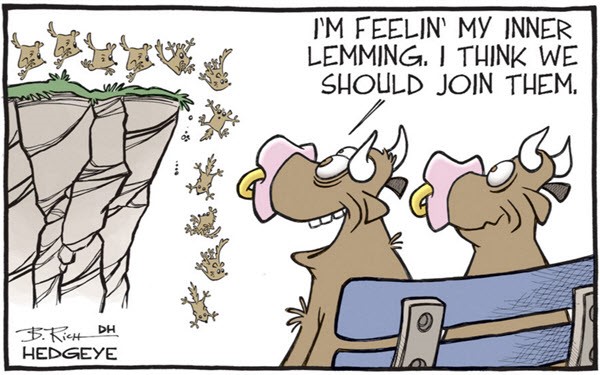Planck E PressCenter Articles
Nature and Collective Suicide
Date published: 2022-10-10
Date modified: 2022-10-10
Reading time: 00:02:08

"Beauty is natural superiority."
Plato
Nature produces glass at room temperature. We, humans, need a minimum of 1.200C.
Nature produces different kinds of polymers in less than five minutes, depending on the organism's needs. We need a petrochemical company with, at least three phases, and an entire logistics mechanism for each production line.
Nature makes flexible glue that sticks underwater. We? Only in our dreams.
The poverty of the dichotomy that governs Consensus is the irritating, clueless chihuahua barking at a bear; such is the complexity of Nature and its production cycles.
The 2010 book (and 2014 documentary), "Merchants of Doubt," by Naomi Oreskes and Erik M. Conway is an excellent journalistic work, but with a childish naiveté.
The existence of psychopaths such as Steven J. Milloy, Dixie Lee Ray, Bjorn Lomborg, Fred Singer, and Joseph Blast; unfortunately, among many others, is scary. However, the debate about the origins of climate change, or its extent, departs from the anthropocentric perspective that would look good on a 10-year-old; because from an adolescent, more is expected.
Amoebas, while supposedly unaware of death (for we have no recollection of ever having been an amoeba), experience fear. And fear is the most basic of our emotions, directly linked to the instinct of conservation. So, if not afraid of death, we can reason that amoebas cling to life. What then, would justify the collective suicide of lemurs, oysters, tarsiers, and penguins?
When Naomi Oreskes shows all her indignation, pointing out that the merchants of doubts confront science, besides being naive, she is also displaying a high level of arrogance because, at some point, an enlightened scientist conceived the LSK parameter (level of scientific knowledge). In an unusual exhibit of our humility, there is at least a consideration that this is the level of science we currently hold. The parameter is so effective that it should have been employed from Ptolemy to Heinrich Mückter.
We have been living on a planet –existing, according to our current LSK, for 4.5 billion years– for 7 million years. We think, act, and create in a dichotomous reality, which would already be inadequate, given its three-dimensionality. Our self-assured superiority over Nature finds its end in the definition of hebephrenic delusion. And we encounter answers for suicidal oysters, lemurs, penguins, whales, and tarsiers in the condescension of the foolish: "they're not suicidal, it's their migratory cycle!" Our arrogance is so overbearing that we do not realize -good scientists and the evil merchants of doubt- that while we maintain passion, indignation, insidiousness, and disloyalty, we are all heading toward our deaths.
In its constant Yoda posture, Nature still hands us this clue: we know –even if we attempt to distract ourselves at all costs– that we will die. I will die. What we have not been considering is our insignificance before the dragon. We are way too many, we are evil, destroyers, and polluters. If malefic, destroying, and polluting people do not characterize the good homo; way too many, we certainly are.
But Nature got tired of this beautifully conceived project, which is the human being. With the damage we continue to cause, we walk –inexorably– toward collective suicide.
And who was Heinrich Muckter? He invented thalidomide.
Keywords
- Merchants of Doubt
- Naomi Oreskes
- global warming
- Level of Scientific Knowledge
- collective suicide
For further information about Planck E PressCenter, please contact us.
Divulging ingenious solutions
The mission of the Planck E PressCenter is to promote ideas, products and theories that have not yet reached the mainstream, as captured in our first release Eccentrics and their Ingenious Solutions.
Newsletter
Sign up for our weekly Planck E Newsletter, complete with the latest ingenious solutions.
Click here for the signup form.
Submit your ingenious solution
We encourage you to submit your ingenious solution, article, press release or "out of the mainstream" technical idea for publication on the Planck E PressCenter. Please send us an e-mail to presscenter@planck-e.com and enquire how.
To learn more about holistic engineering, solutions inspired by nature, monetization of diseconomies, training courses or the incorporation of Being Data to your day-to-day, please follow us on the social networks.

